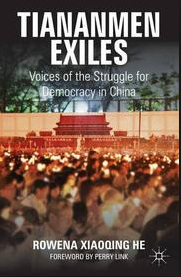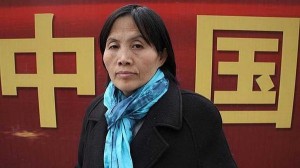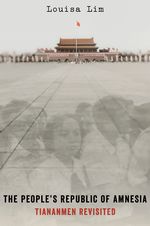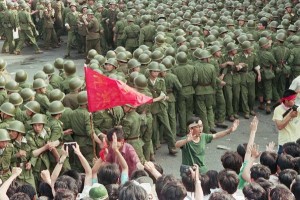Defiance
By Xu Youyu, published: May 13, 2014
Like the vast majority of Chinese people, I don’t like to deal with the police. When the police come to your door, it always means something unusual or inauspicious has occurred. That’s why the police always say, “Nothing’s wrong with you? If there’s nothing wrong with you, why are we here?” In truth, the Chinese have long cultivated the habits of obedient citizens, and when the police appear, they believe something unlawful must have taken place.
Whether in uniform or plainclothes, police officers symbolize a mysterious power. Omniscient and omnipotent, they can twiddle the common man in the palms of their hands. The police are a fearsome element in daily life; their arrival suggests impending disaster and casts a shadow of self-doubt and unease.
I remember back around 1970, when I was a sent-down youth in An County, Sichuan Province, two county PSB officers came to see me at my production brigade. My sent-down comrades scattered like sparrows after gunfire, nervously whispering among themselves. After the two officers left, a couple of them sidled up to me with darting eyes and asked what was wrong. I said, “The ‘Learn from Dazhai for Agriculture’ exhibition at the county seat went up in flames, and the PSB thinks some sent-down youth did it. Someone told them that I went to the county seat on market day last Sunday, so they came to make inquiries. They wanted me to tell them everything I did that day – where I’d gone and whom I’d seen.” Although I’d told the police everything they wanted to know, I couldn’t dispel my unease over what might happen next. Who knew how many eyes were watching me furtively and what kind of investigation was going on behind my back? I also detected glee in the eyes of some of my comrades. At that time news of sent-down youth would be called back to the cities was making rounds, and there was competition among us for that stroke of luck. The news of my visit from the PSB spread far and wide, and the shadow cast over my prospects no doubt was translated into hopes for others.
Continue reading →




